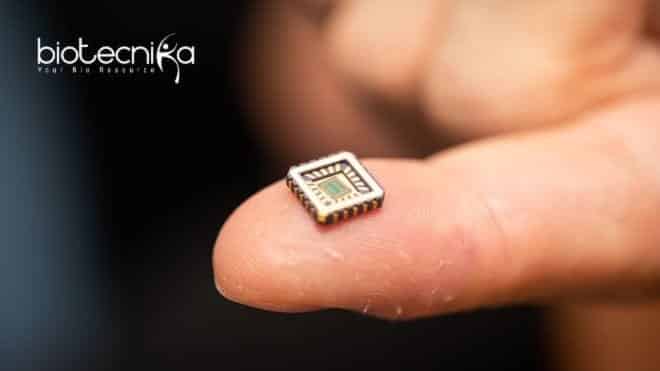Scientists from the University of Bath have made Artificial Neurons for Brain Disease, paving the way for new ways to repair the human brain. According to researchers, the “tiny chips” would be useful to treat deadly neural diseases such as Alzheimer’s.
The research team used an amalgamation of computation, maths as well as nanotechnology to come up with a way to replicate in circuit form what neurons do naturally.
The nerve cells carry signals to and from the brain and the rest of the body.
There is an increase in degenerative neural diseases such as Alzheimer’s. The University of Bath researchers are interested in replicating them because of the enormous potential that offers in treating such conditions.
Prof Alain Nogaret, from the department of physics at the University of Bath, said the primary aim of their research was to transfer the electrical properties of brain cells on to synthetic circuits made from silicon.
Prof Nogaret termed his work –Artificial Neurons for Brain Disease– as “paradigm-changing” since it provides a powerful method to reproduce the electrical properties of real neurons in minute detail. Developing artificial neurons that respond to electrical signals from the nervous system has been
a long-time goal in medicine. Scientists have been facing real-time challenges such as designing the circuits & finding the parameters that make the channels behave like real neurons.The researchers replicated two types of neurons, including cells from the hippocampus, an area of the brain that plays a significant role in memory, & brain cells involved in the control of breathing.
This research work opens up a range of possibilities in repairing the neuron that has been lost due to degenerative disease, including medical implants to treat conditions such as heart failure and Alzheimer’s.
Prof Julian Paton, from the University of Auckland in New Zealand & the University of Bristol, termed this research “exciting.” He added that his team is further focusing on improving the “Artificial Neurons” to make it capable of dealing with real-life problems.
Editor’s Note: Artificial Neurons for Brain Disease, Neural Chips For Brain Disease, Artificial Neurons By University of Bath






























